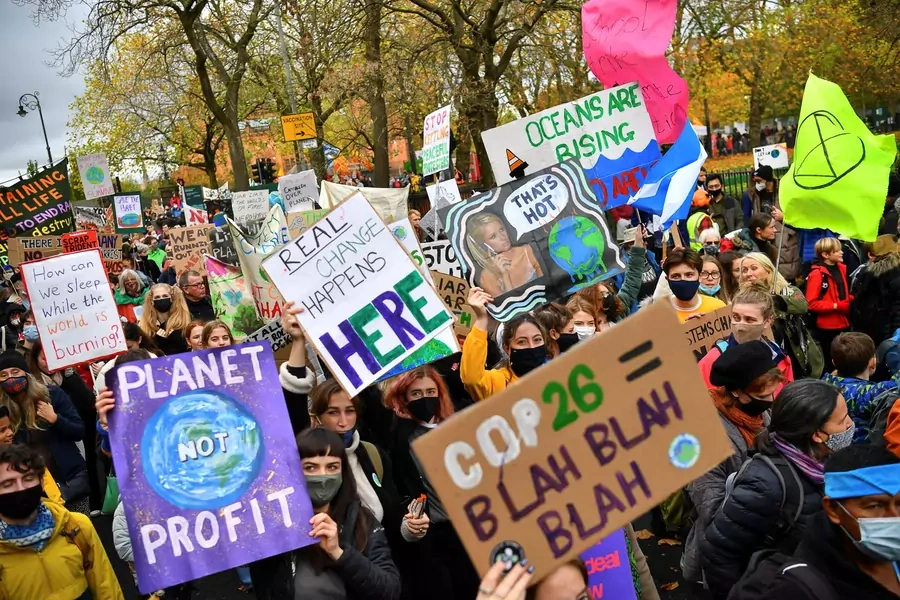Climate change, income inequality, refugee crises, global health pandemics, human rights violations, democratic erosion, cybersecurity and digital privacy, nuclear proliferation, racial and ethnic tensions, and inequality in education are some of the most pressing political issues facing the world today. Governments and political leaders need to work together to address these challenges through policies that promote sustainability, fairness, compassion, and equality. It is crucial for decision-makers to prioritize the well-being of all individuals, protect human rights, and uphold democratic values to create a more just and peaceful world for present and future generations.
1. Climate Change
Climate change is arguably one of the most pressing political issues facing the world today. The increasing global temperatures, rising sea levels, and extreme weather events are all manifestations of this crisis. Governments around the world need to work together to reduce carbon emissions, transition to renewable energy sources, and protect vulnerable communities from the impacts of climate change.
2. Income Inequality
The gap between the rich and the poor continues to widen, both within countries and globally. This income inequality has far-reaching consequences, leading to social unrest, political instability, and a lack of economic opportunities for many people. Political leaders need to address this issue through policies that promote fair wages, progressive taxation, and access to education and healthcare for all.
3. Refugee Crisis
The world is facing a refugee crisis of unprecedented scale, with millions of people fleeing conflict, persecution, and poverty in search of safety and a better life. Political leaders need to come together to provide humanitarian aid, address the root causes of displacement, and support policies that welcome refugees and asylum seekers with compassion and dignity.
4. Global Health Pandemics
The ongoing COVID-19 pandemic has highlighted the importance of global health security and the need for coordinated responses to emerging infectious diseases. Political leaders must invest in public health infrastructure, support international organizations like the World Health Organization, and prioritize equity in vaccine distribution to prevent future pandemics.
5. Human Rights Violations
Human rights violations continue to occur around the world, including acts of genocide, torture, and discrimination based on race, gender, or sexual orientation. Political leaders have a responsibility to uphold human rights standards, hold perpetrators accountable, and support civil society organizations that advocate for the rights of marginalized communities.
6. Democratic Erosion
The rise of authoritarianism and the erosion of democratic norms pose a significant threat to global stability and peace. Political leaders must defend democratic institutions, promote free and fair elections, and safeguard freedom of speech and assembly to prevent the further erosion of democratic values.
7. Cybersecurity and Digital Privacy
The increasing reliance on digital technology has exposed vulnerabilities in cybersecurity and raised concerns about data privacy. Political leaders need to enact laws and regulations that protect individuals’ digital rights, prevent cyberattacks, and promote transparency and accountability in the digital space.
8. Nuclear Proliferation
The proliferation of nuclear weapons poses a grave threat to global security, with the potential for catastrophic consequences. Political leaders must work towards disarmament, promote non-proliferation treaties, and prevent the spread of nuclear weapons to rogue states or non-state actors.
9. Racial and Ethnic Tensions
Racial and ethnic tensions continue to fuel conflict and division in many parts of the world, leading to discrimination, violence, and social unrest. Political leaders need to promote racial and ethnic harmony, address systemic inequalities, and support policies that ensure justice and equality for all individuals regardless of their background.
10. Inequality in Education
The lack of access to quality education remains a significant barrier to social mobility and economic development for many people around the world. Political leaders must invest in education infrastructure, support teachers and students, and promote inclusive and equitable education systems to ensure that all individuals have the opportunity to reach their full potential.
